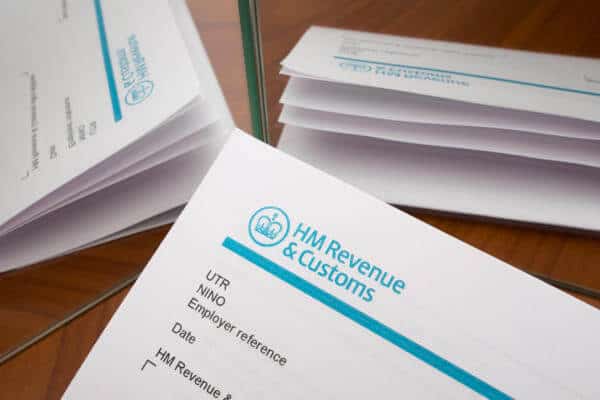Business
Latest Business News
-
Redundancy Protection Changes
Employment Law Update 2024: Redundancy Protection Changes

-
Commercial Rent Arrears Recovery (CRAR) – What is it and how can we help?
A commercial property landlord may be faced, in the course of property ownership, with unpaid rent by a tenant.

-
6 April Employment Law Changes Countdown – What employers need to know
With the new financial year right around the corner, the Employment Law Team thought it pressing to remind businesses and employers of the key changes in the workplace and the several new employment laws coming into force on 6 April 2024.

-
Employment Law Updates – Parental Leave Requests
A reminder to employers to be wary of parental leave requests, whether formal or innocuous.

-
Employment Law Update – Disability Discrimination
A reminder to employers of the obligation to consider reasonable adjustments before dismissing a disabled employee.

-
Adverse Possession: 2 Decades On From The Reforms
Adverse Possession is a method of acquiring title to Land and simply refers to squatting.

-
Biodiversity Net Gain – is it relevant to pre 2024 planning applications?
In a recent appeal decision from the Planning Inspectorate outline planning permission was refused for the erection of a care home (Class C2) together with associated infrastructure, parking and access.

-
HMRC Investigation into alleged breaches of the National Minimum Wage – what you need to know?
These investigations can begin when any employee makes a complaint to HMRC that they believe they are not receiving the correct National Minimum Wage.

-
Case update: Armstead v Royal & Sun Alliance Insurance Company Ltd (2024) UKSC 6
In tort, it is a well-established principle that a person owes a duty of care not to cause any physical damage to another person’s property.

-
Rise in Court Fees
The Government announce a consultation to increase over 200 court fees to raise up to an additional £42 million per year.











